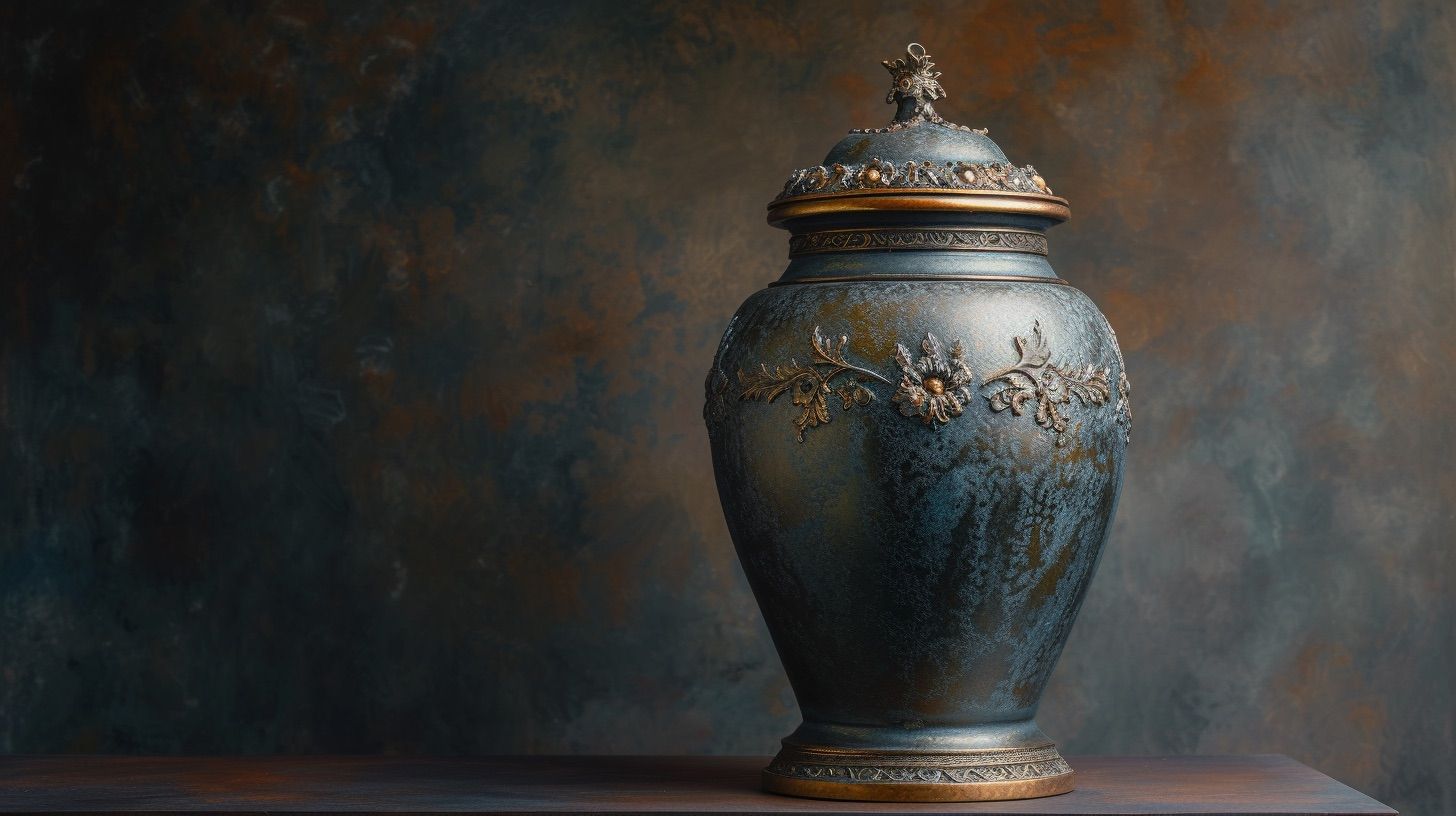Cremation in the UK: History, Costs, and Alternatives
Nov 20, 2023
Cremation is the most favoured funeral choice in the UK, offering affordability and simplicity compared to traditional burials. Grieving can make even simple tasks seem challenging, and we aim to ease the process with our comprehensive guide to cremation. Explore its history, scientific aspects, variations, and the personalised services we provide to honor your loved one.
Looking for cost details?
The average price for a cremation with a service in the UK starts at approximately £3,600 outside London, while it can reach £5,000 in the capital. This cost-effective option often surpasses traditional burial expenses.
Direct Cremation: A Simplified Option
Direct cremation, a growing trend in the UK, is a cost-efficient and respectful alternative to traditional burial or crematorium services. You can normally personalise the cremation by choosing from a range of coffins and floral tributes. Direct cremation eliminates the need for rushed funeral arrangements during a stressful period.
Timeframes: The average time between death and cremation varies:
Cremation with a service: About 2 weeks on average, subject to crematorium availability.
Hindu cremation: Traditionally within 24 hours.
Sikh cremation: Typically within 3 days if possible.
Direct cremation: Approximately 2-3 weeks on average. Specific dates and times may vary.
Additional Costs: Consider these extra charges for cremations (prices vary):
Doctor’s fees for a cremation certificate: £82/£164.
Crematorium fee: From £365.
Celebrant fee: From £265.
Cremation History in the UK: Cremation only gained widespread acceptance around 150 years ago in the UK, despite its prevalence in ancient civilizations. The first official modern cremation occurred in 1885, thanks to the Cremation Society of Great Britain, which led to the construction of crematoria across the country. Today, cremations account for approximately 75% of all funerals in the UK.
Christian Views on Cremation: Christian perspectives on cremation have evolved. While some sects historically opposed it, the Church of England and other denominations now widely accept cremation. The Catholic Church's stance has softened, allowing cremation with certain guidelines.
Religious Perspectives: Different religions have varying views on cremation:
Islam: Forbidden; the body must be buried quickly.
Judaism: Forbids cremation (Orthodox and Conservative) but accepted by Reform Jews.
Hinduism: Promotes quick cremation for soul release.
Sikhism: Permits burial if cremation is impossible, with no headstones.
Buddhism: Accepts burial, mummification, or cremation.
Humanism: No religious alignment; cremation is a common choice.
Cremation Process: Understand the cremation process from collection to final resting place. Learn about how the body is prepared, what happens during cremation, and the options for handling ashes.
Jewellery and Medical Items: Find out what happens to jewellery and medical items during cremation. Jewellery left on the body will melt, so it's recommended to remove it before cremation.
After the Cremation: Learn about collecting ashes, the options for urns, and the ashes' final resting place. Discover the costs and considerations for cremation plots and scattering ashes in a meaningful location.
Unique Keepsakes: Explore unique ways to memorialise your loved one, including creating diamonds, bespoke jewellery, vinyl records, and tattoo ink infused with ashes.
Eco-Friendly Alternatives: Consider environmentally friendly alternatives to traditional cremation and burial, such as green cremation (water cremation). Understand the sustainability aspects and future possibilities in the UK.
Cremation is a significant decision, and understanding its history, cost implications, and sustainable alternatives can help you make informed choices during a challenging time.
Brandon Pazitka
Co-founder and CEO Timist
